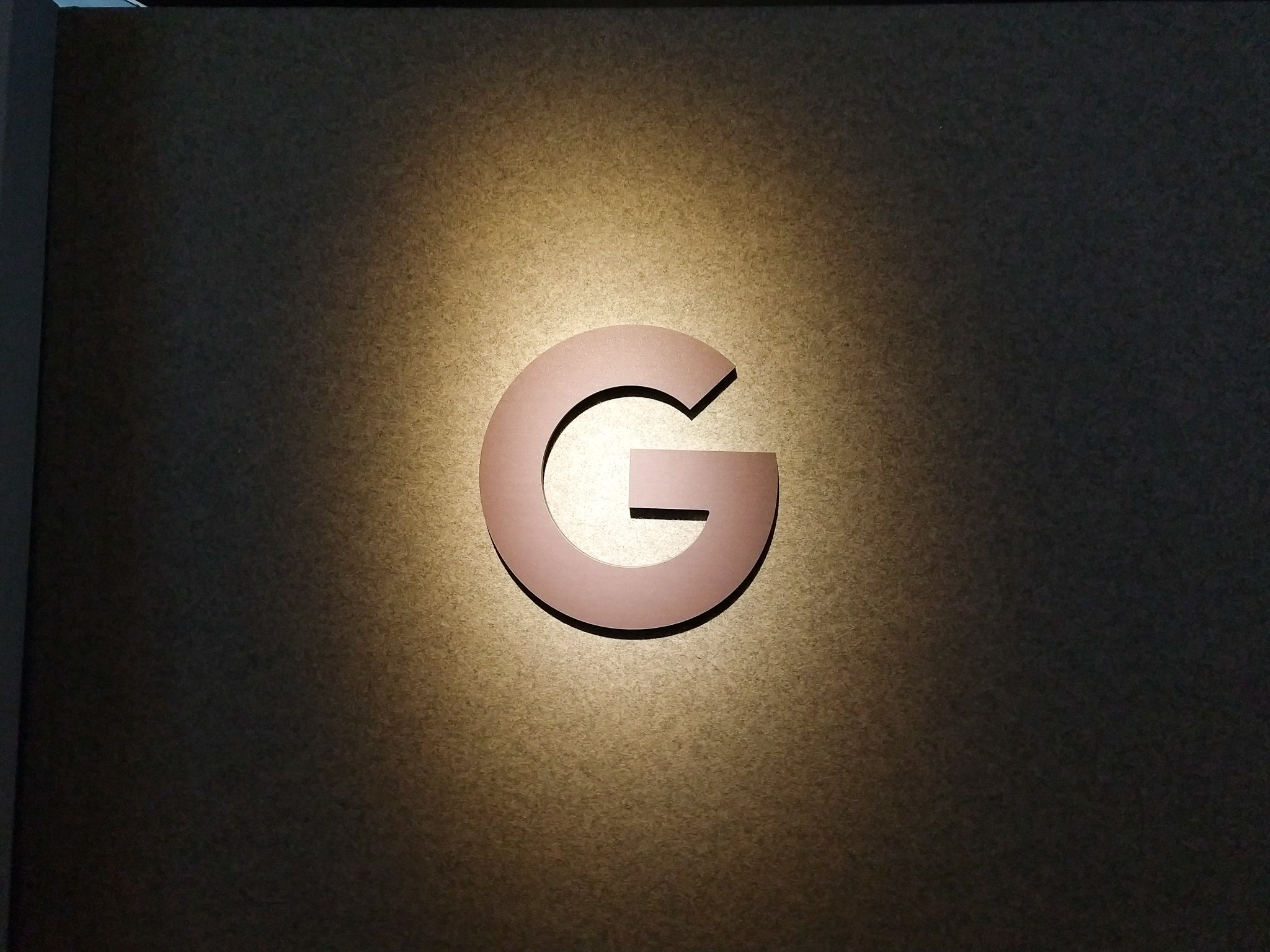Epic Games court documents expose Google's shady Play Store practices
Things between Google and Epic are heating up.
What you need to know- Court documents filed by Epic describe shady practices by Google to keep its tight hold on the Play Store.
- One project apparently paid top game developers to keep them from moving away from the Play Store.
- Another program reportedly secured deals with OEMs to limit third-party app stores on their devices.
While Epic's fight with Apple continues, the battle between Epic and Google heats up as newly unredacted documents reveal ways that Google sought to maintain its grasp on the Play Store and app developers.
Court documents from Epic describe various ways that Google has allegedly coaxed developers and OEMs from straying from the Play Store. Many of these practices have been called out in ongoing litigation against Google. However, the documents from Epic Games appear to provide more detail about Google's activities.
First pointed out by The Verge, "Project Hug" was a program that Google implemented after fears that Epic would influence other top gaming developers to forgo the Play Store for their own distribution channels. The program apparently involved Google spending "hundreds of millions of dollars on secret deals" with top developers that were at risk of competing with the Play Store.
As explained by Android executives in internal documents, Project Hug, which was created and developed alongside Project Banyan, was "a hug developers close and show love plan", or "a surge plan to throw extra love/promotion to top developers and games (including Tencent portfolio companies)".
It appears that many developers were concerned about revenue share and considered moving to their own distribution and payment platforms. However, Google was reportedly able to secure most of these developers into the program.
Additionally, the court documents highlight Google's "Premier Device Program" (via The Verge) that provided OEMs of the best Android phones with a larger share of Google's search revenue provided they limit their devices from access to third-party app stores.
The program also mandated that the Google App Store be "placed on the Default Home Screen and Google Play app is set as default marketplace for applications, games, books, movies, music, and all other digital content (including subscriptions)." Devices in the program would not be allowed to preinstall any third-party app stores as a requirement.
Google did not immediately respond to our request for comment on either program.
The document highlights problems that have been laid out in the various lawsuits targeting the Play Store, including limiting third-party app stores from competing against the Play Store and requiring the use of its own billing system for in-app purchases.
Meanwhile, Google says that its Play Store policies benefit developers and consumers. The company has maintained that Android gives users more choice than other operating systems and that devices often ship with other app stores, such as the best Amazon Fire tablets.
Despite that, it remains clear that Google is facing an uphill battle with the litigation piling up against its Play Store policies.
